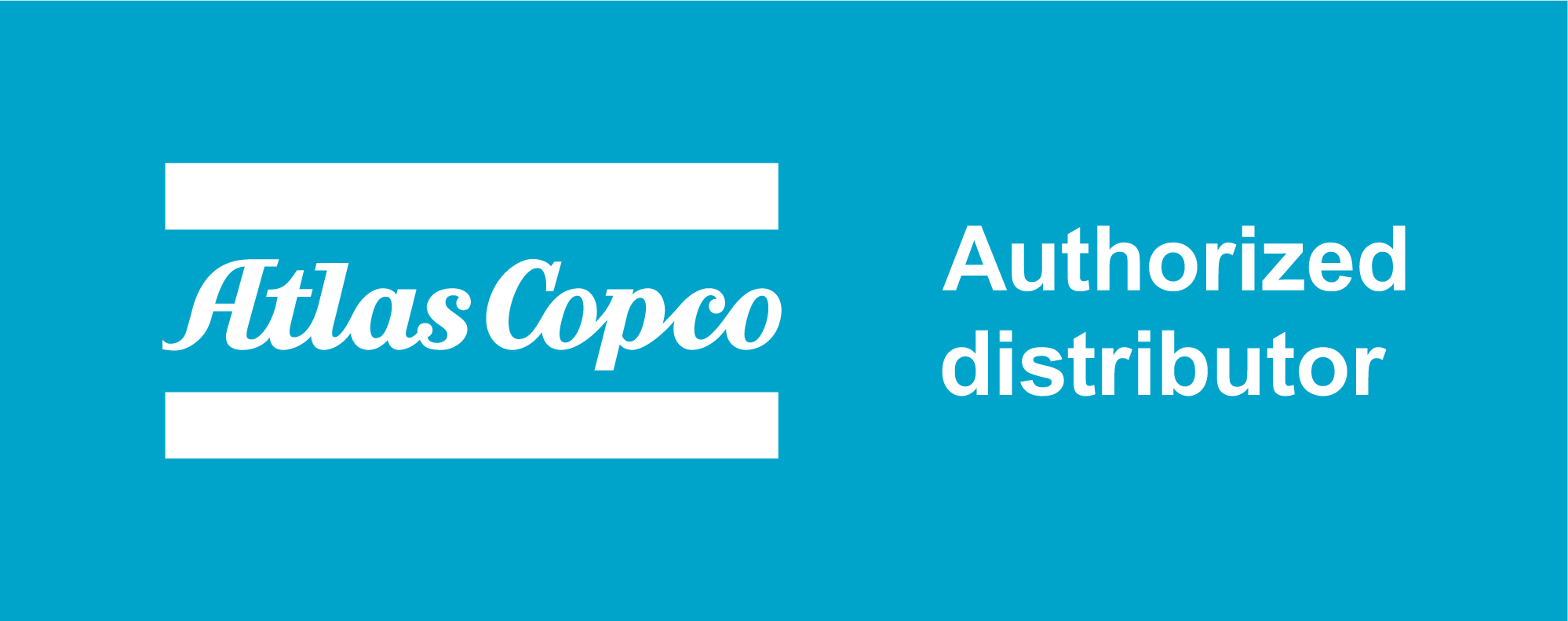Liputan6.com, Jakarta – Telkomsel presents the latest 5G network with the first 5G Standalone technology in Indonesia.
The presence of the first 5G Standalone in Indonesia was rolled out in the capital city of the archipelago, Bali and North Maluku.
Quoting Telkomsel’s statement, Friday (16/8/2024), the use is to support digital transformation across industrial sectors. Starting from 5G Live Broadcast, Fixed Wireless Access, and Smart Glasses to cover the series of Indonesian independence ceremonies at IKN.
Apart from that, Telkomsel also provides 5G connectivity for the IKN Smart City Command Center, Wearable Glasses Camera at Rumah Teknologi Nusantara IKN, smart port solutions in Benoa Bali, and 5G Smart Helmets in North Maluku.
In presenting the first independent 5G network or 5G Standalone in Indonesia, Telkomsel collaborated with a number of partners. Starting from Ericsson, Huawei, to ZTE.
These partners help Telkomsel implement various use cases in IKN, Bali and North Maluku. In this way, Telkomsel is able to provide network capabilities to support the provision of high-speed data services.
About 5G Standalone
5G SA is a fifth generation cellular network technology that operates independently without relying on the existing 4G network.
The adoption of 5G Standalone enables internet connections that are much faster, more stable and have very low latency.
By implementing this technology, Telkomsel can divide the 5G network into several layers that are optimized for various needs. Apart from that, it also allows the delivery of services with certain qualities, for example low latency or high bandwidth, as needed.
Implementation of 5G Standalone Technology
Telkomsel Network Director, Indra Mardiatna, said, “Telkomsel hopes that the expansion of the 5G network and the use of 5G SA can be a catalyst for innovation and digital transformation in Indonesia.”
The company is also committed to continuing to innovate and provide quality telecommunications services.
Implementation of 5G Standalone in Bali and North Maluku
For example, at Benoa Harbor in Bali, Telkomsel presents a Smart Port which includes Cloud Phone technology, Redcap devices and AI. This technology integrates advanced surveillance with a 5G network to increase security and operational efficiency with the support of a Mobile Private Network (MPN).
Cloud Phone, which is supported by the 5G Standalone network, provides Cloud-based Virtual Phone services for port officers’ work efficiency. The AI Detection System enables real-time monitoring of the port area with high-resolution video and fast response to incidents.
Another application in North Maluku, Telkomsel’s 5G Standalone network is used to support 5G Smart Helmets for workers in Halmahera. That way they can communicate and coordinate in the field easily.
Various features also complement this helmet, starting from warnings if there is potential danger, GPS to track workers’ locations, to recording videos that can be monitored by the command center.
Implementation of 5G Standalone at IKN
Meanwhile, at IKN, Telkomsel supports the Indonesian Ministry of Communication and Information by making 5G technology the backbone of smart cities.
Telkomsel uses 5G SA (Standalone) for its 5G Live Broadcast and Smart Glasses solutions, enabling live broadcasts of the independence ceremony with optimal quality.
This technology is equipped with a Network Slicing feature for real-time high-resolution video broadcasting from 5 points at the IKN Palace and GraPARI Nusantara.
Another application at Rumah Teknologi Nusantara (RTN) at IKN, Telkomsel also presents other 5G innovations such as the 5G AI Robot BellaBot for delivering food and drinks.
Then, there are also Games Interactive for 5G technology education, Wearable Glasses Camera for sending video and data to the internet, and Future Ride in Smart City which uses VR and IoT sensors for a cycling experience in a smart city.


